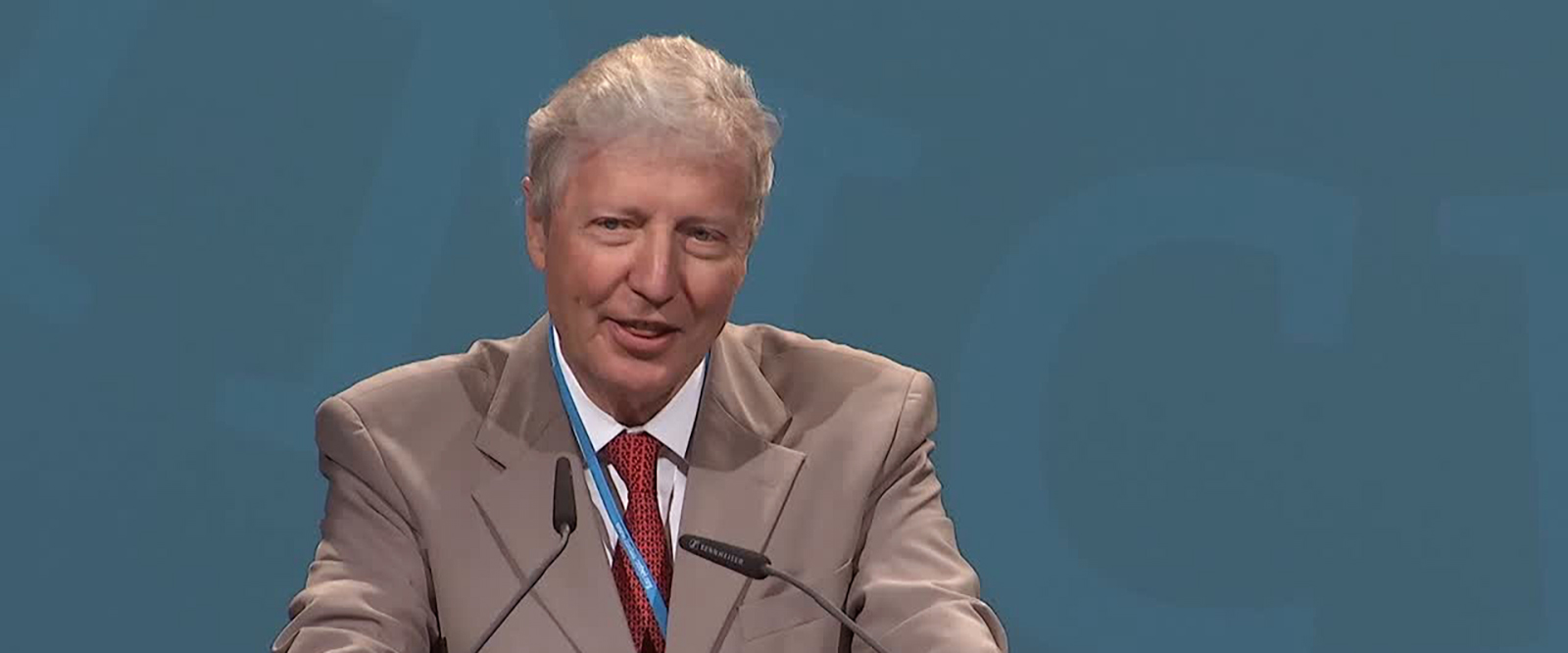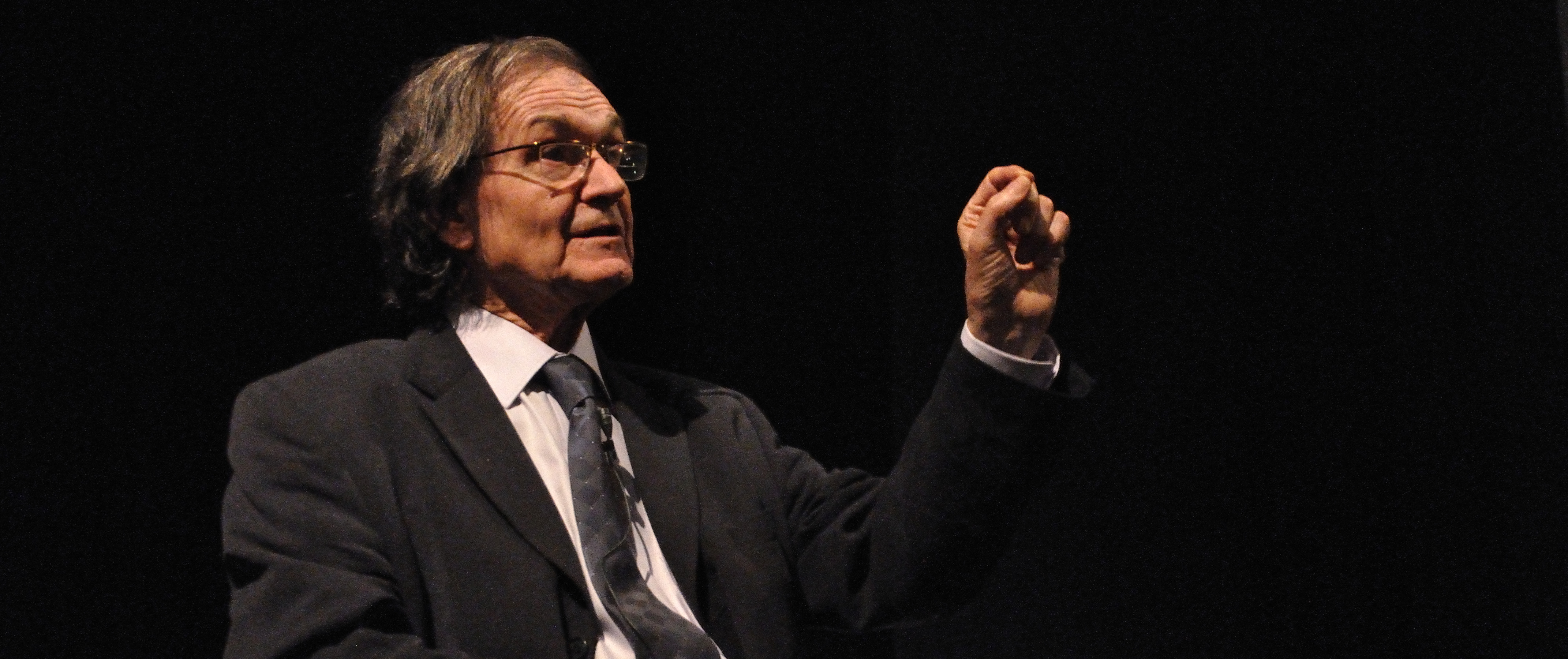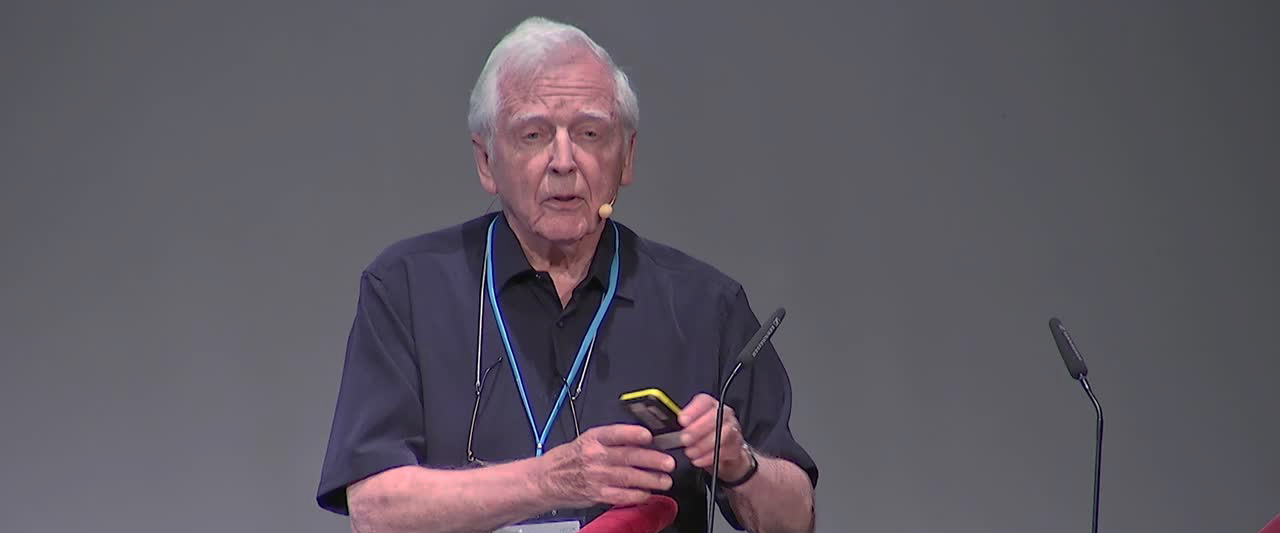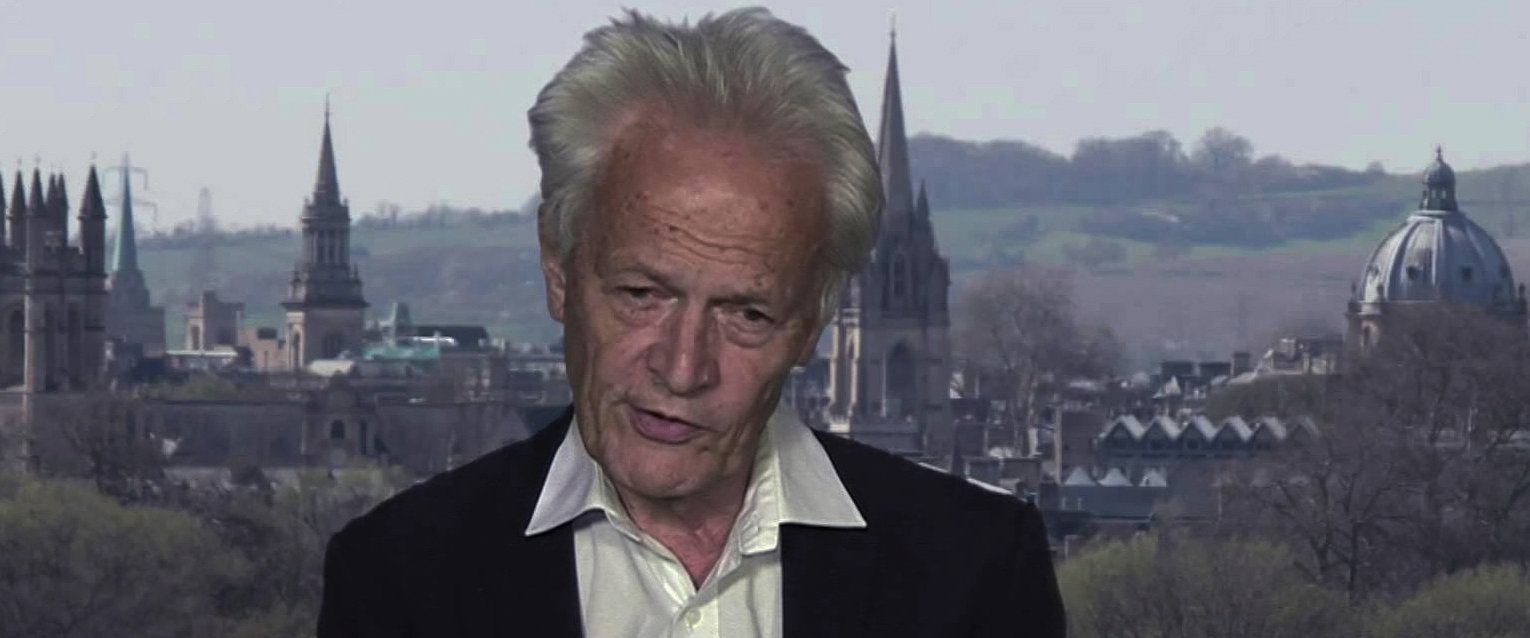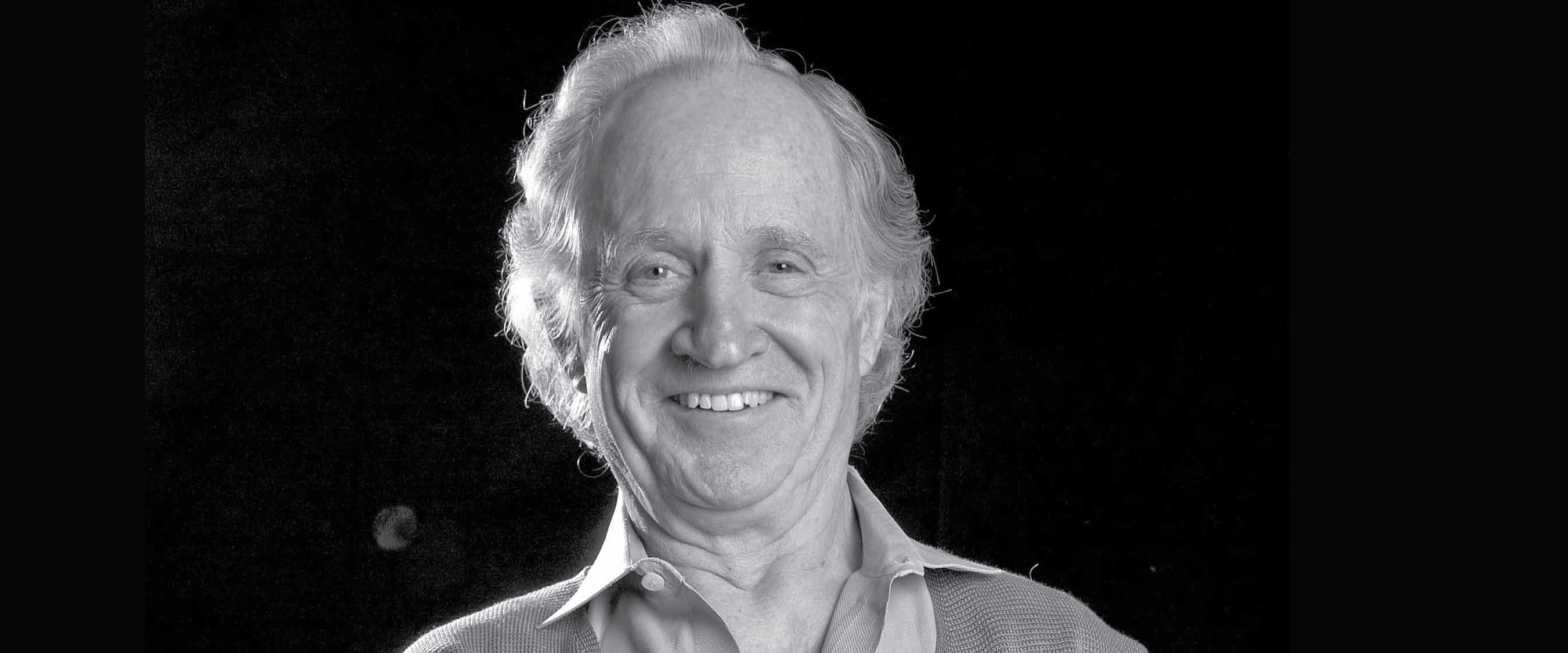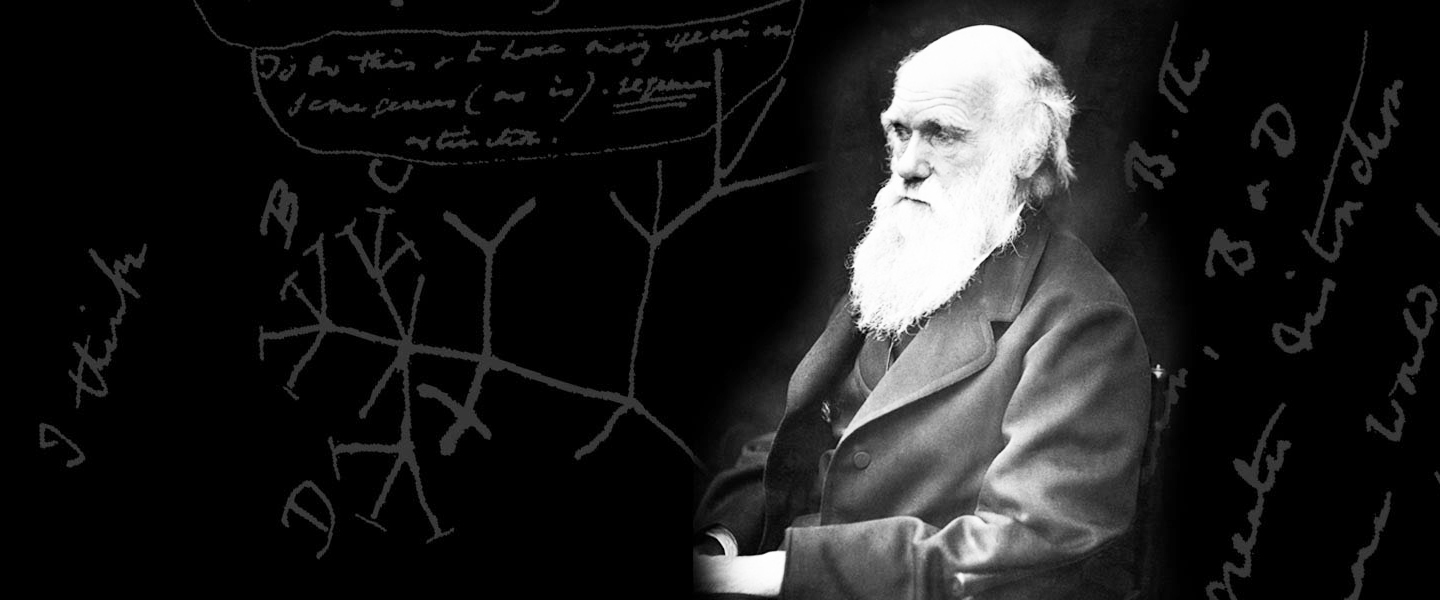18th October 2018.
Virginie Sottile, University of Nottingham, United Kingdom
On the 18th of October 2018 Virginie Sottile, of the University of Nottingham (UK), will give a seminar on Stem cell models of differentiation and regeneration at 2.00 pm in the College lecture theatre. In his talk V Sottile will discuss how stem cells biology has dramatically changed our understanding of cell dynamics and turnover in different tissues/organs and how these advances may impact on the therapy of degenerative diseases of the central nervous system and internal organs. All College students are invited to attend, especially those reading Medicine, Biology, Biotechnology and Pharmaceutical Sciences. The poster of the lecture can be downloaded here.
Abstract
Progenitors residing in adult organs represent a growing research focus for fundamental as well as translational approaches to regenerative medicine. While the ability to identify stem cells and manipulate their phenotype in vitro is opening new options for interventions to restore tissue cells and function, it is also posing new challenges in terms of translational control, lineage identification and targeted delivery. I will present some of the approaches my group is developing to address these aspects, using tissue-derived stem cells to model, induce and exploit differentiation towards therapeutically relevant lineages, with two prime systems: neural stem cells for CNS applications, and mesenchymal progenitors to target metabolic and skeletal conditions.
Biography
V Sottile studied Cell & Molecular Biology at the University of Nice (France), and carried out research in laboratories in Basel and Edinburgh on regulatory aspects of somatic and embryonic stem cell differentiation before joining Nottingham in 2001. She heads the Adult Stem Cell Biology group in the School of Medicine, where her lab focuses on the isolation, in vitro characterisation and differentiation of stem cells for regenerative medicine applications. Her research interests include neural stem cell biology, and Virginie’s group identified a new population of progenitors residing in the adult cerebellum[1], whose potential for neural tissue repair is currently under evaluation. The other core research interest in her group, the mesenchymal stromal/stem cell model present in bone marrow and other connective tissues, is exploited to identify new therapeutic approaches both as a molecular screening tool in vitro[2, 3] and as a cellular target for skeletal tissue regeneration strategies in vivo[4].
References
[1] Alcock et al. (2009) Cell Research
[2] Velickovic et al. (2018) Sci Rep.
[3] Surrati et al. (2016) Analyst
[4] France et al. (2014) J Tissue Eng Regen Med
Image
Courtesy of Sarita P Panula, Karolinska Institutet, Stockholm
